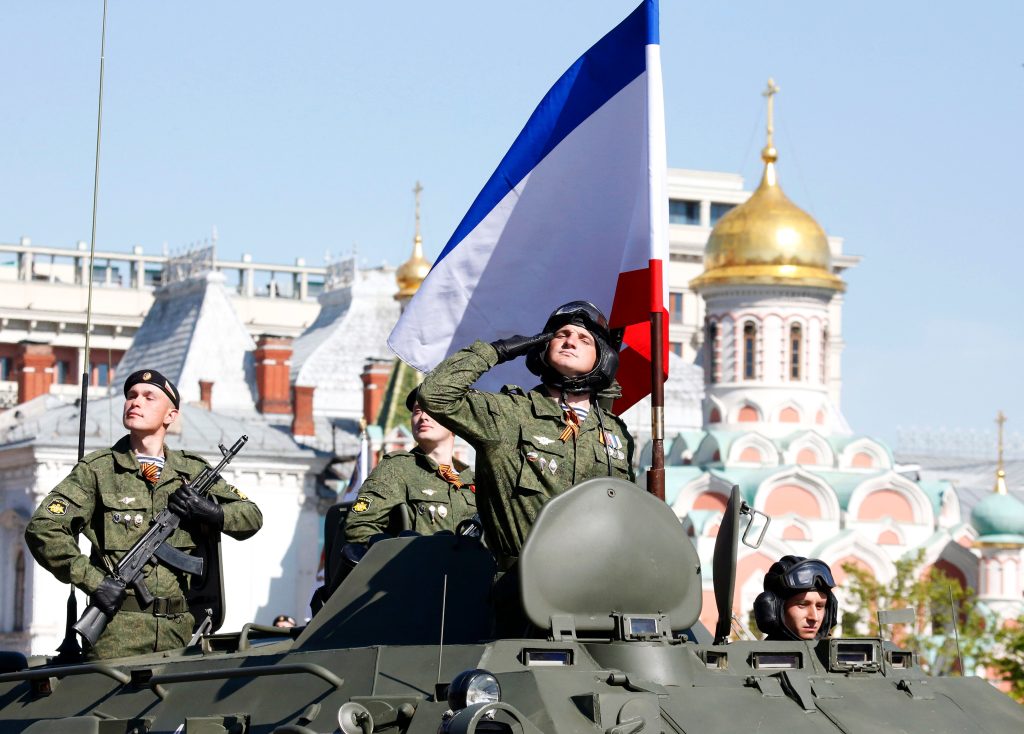One year after the beginning of the war, the question arises about the future of the ongoing battle. According to historian Andrea Graziosi, we need to go back to “the single most important event that may have occurred in February 2014” to understand the current situation and investigate Russia’s objectives. “Putin was then celebrating the triumph of the Sochi Olympics, confident that he was already controlling Ukraine through his loyalist, Yanukovych, as he did in Belarus with Lukashenko. He thought he had already regained control of Ukraine. While he was celebrating his triumph, Yanukovych had to flee and Putin found himself facing the “loss” of Ukraine. That is why he immediately ordered the occupation of Crimea and then unleashed the separatists in Donbas. The war begins there, not in 2022, as we are reminded by the plane shot down by pro-Russians or the intervention of the Russian army in Donbas, where Putin’s agents were about to be overwhelmed because the majority of the population in Donbas, unlike Crimea, was hostile to annexation to Russia.”
Graziosi identifies February as a key period for understanding Russia’s strategies. The Russian president chooses February 21 to talk about the “economic and social situation.” For the historian, the speech by the Russian president scheduled at the Gostiny Dvor, a congress center in the center of Moscow, cannot be a coincidence. “It is no coincidence that it was then decided to launch the ‘special military operation’ on February 22 and that an important speech was announced for February 21 of this year.”
The succession of events at the same historical moment is a confirmation: “the idea that Russia had to break away from the West and that to do so it had to recover Ukraine and Belarus was already present twenty years ago“. It was the idea that the West, understood as the union between the United States and Europe, was in crisis that convinced Putin that he could act. Probably the Russian President did not only perceive Western weakness, but also believed that the powers in the world had changed and that it was convenient for Russia to insert itself into this new world as the center of its own system: the “Russian world” as it is called.
In this context, Ukraine defends itself from a country like Russia that it has always rejected. “The direct experience of Ukrainians of life in Russia and in Europe” can clarify many aspects. “If you talk to Ukrainians, it’s surprising how aware they are of the difference between these two lives. Until the end of the 90s, many Ukrainians went to work in Russia because there was money from gas and oil, and they couldn’t come to us. Then they had this opportunity and developed a conscious and growing preference for the view to the west. Of course, the growing realization of the importance and magnitude of the Holodomor of 1933, the great famine that killed four million people in a few months, also mattered. Although it was the product of socialist policies, since they were decided in Moscow, it was easy to associate them with a threatening image of Russia. And it also mattered the maturation of a negative judgment on the depressing evolution of the regime in Belarus and Putin’s authoritarianism, which frightened many. The idea of having to live in a hard and authoritarian regime did not appeal. All this, and more, has led most Ukrainians not to want to share their future with Putin’s Russia, a feeling exacerbated by the war of 2014.”

Putin has always extolled authoritarianism and the imposition of his own will. Despite this certainty, the birth of a different ideology that contrasts with that of the Russian president cannot be excluded. “There is already a contrary narrative in Russia, indeed more than one. Putin thinks of an authoritarian Russian world, centered on Moscow, inhabited by not only Russian peoples, and a part of the population certainly follows him even if it is difficult to understand its extent today, given the very high level of control and repression. There is also an opponent, Navalny, who is in prison and has different ideas, and there are hundreds of thousands of Russians who have taken refuge abroad. There are alternative visions, in short: even when fascism fell, there were groups of Italians with alternative visions. Obviously, it is not said that anti-Putinian narratives are generally pro-European. They could aspire to a more democratic, open and liberal Russia, or even a more nationalist one. However, it seems to me that Putin’s control over the Russian state is currently very solid, and perhaps things could change only with Putin’s defeat or his death, as happened in Spain or other countries.”
Russia seems to be far from the “destiny” of other countries, at least at present, and in fact, it does not retreat but advances, wanting to continue “its war until victory”. In his plans, the historian explains, almost certainly include “the entire Donbas, or the border on the Dnipro River, or even Odessa and the entire coast”. “The military and political objectives therefore still imply taking a good part of Ukraine, and I don’t think a long, favorable war would scare Moscow. Only a military defeat of Russia could positively resolve the situation, but it’s not easy. Russia is more than three times larger than Ukraine in terms of population, economy, and financial resources, and has a large nuclear arsenal, which prevents others from directly intervening. The Ukrainians have been heroic and have certainly been helped by the United States and the European Union, but they are still the ones fighting. We must help them and hope they hold out and win, as much as we can.”
Leggi anche in italiano: Una guerra lunga nove anni

